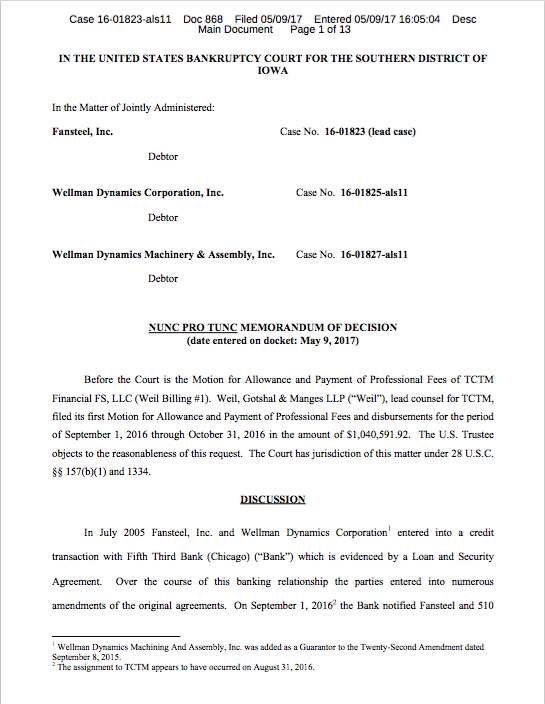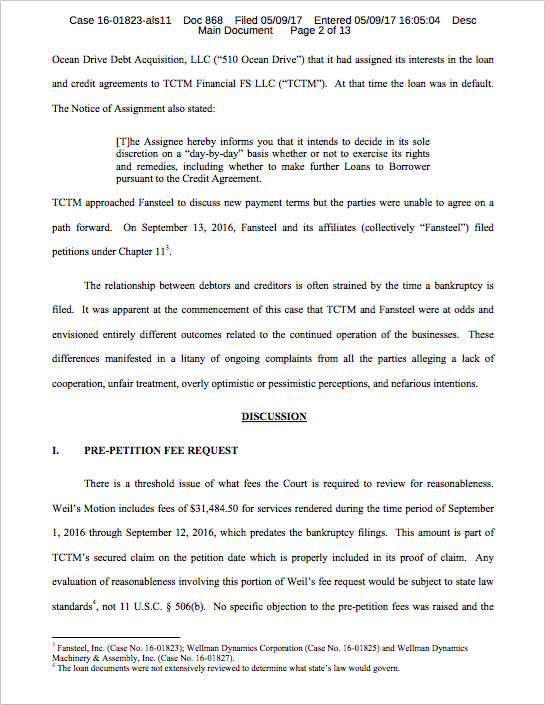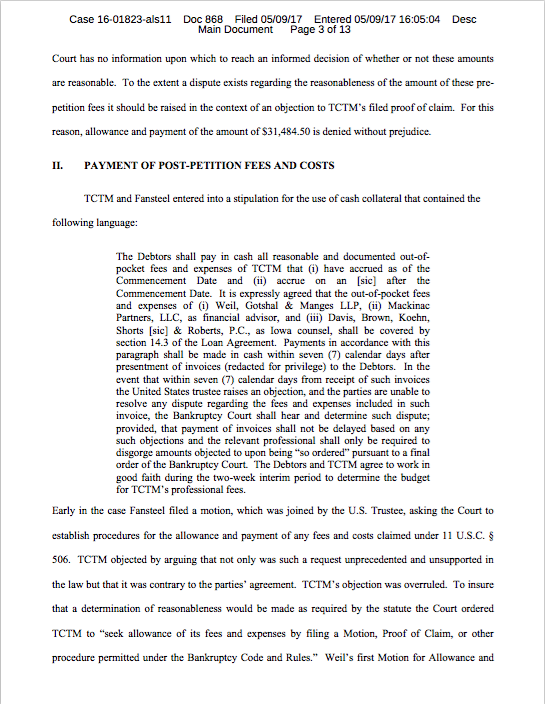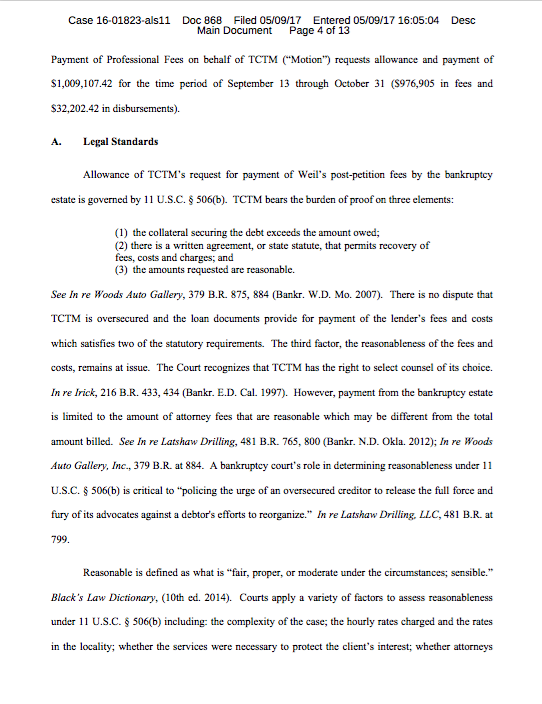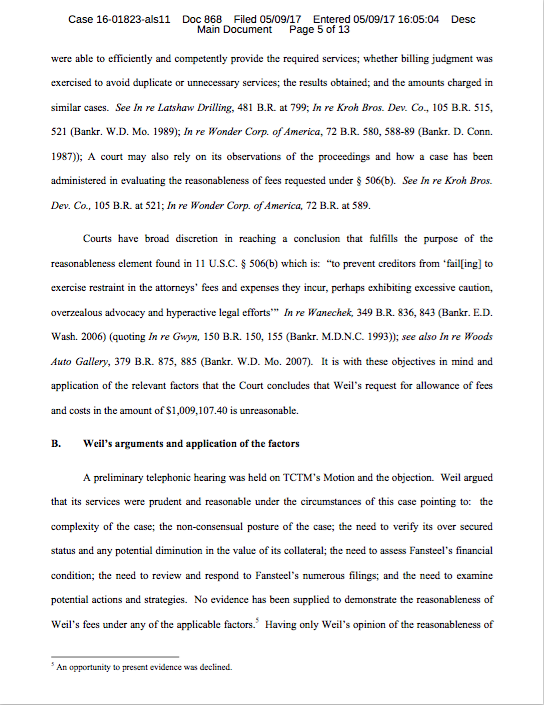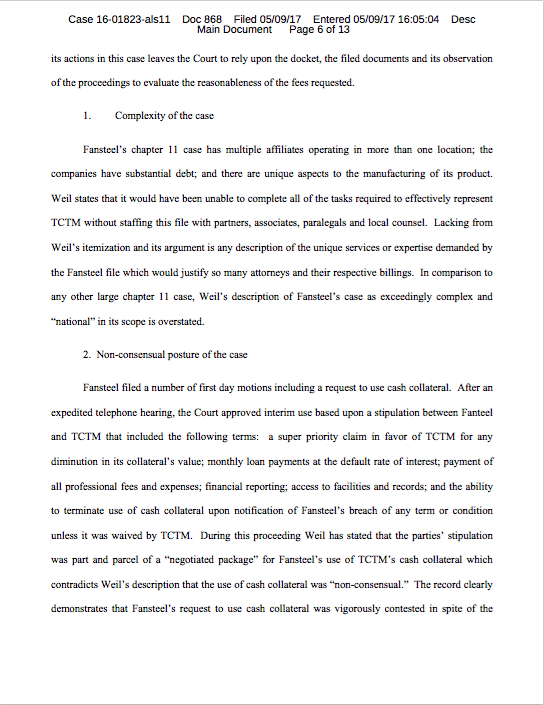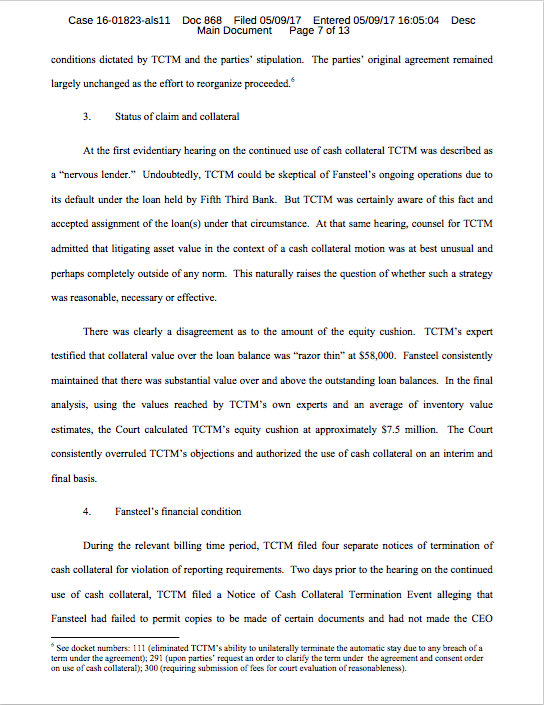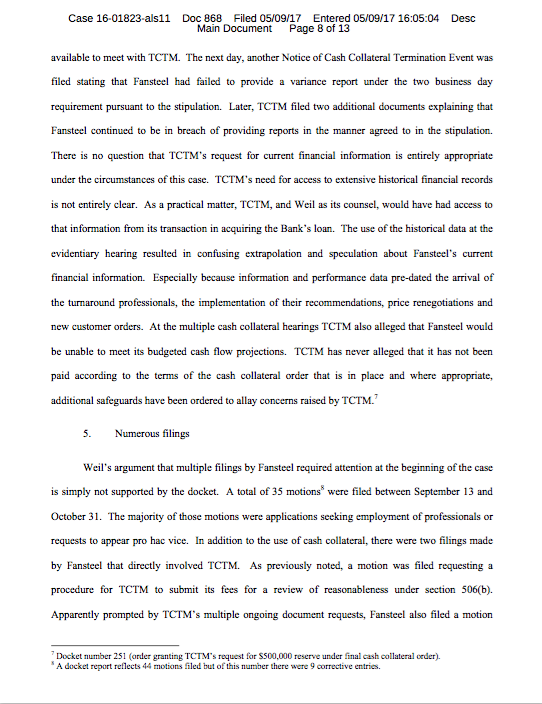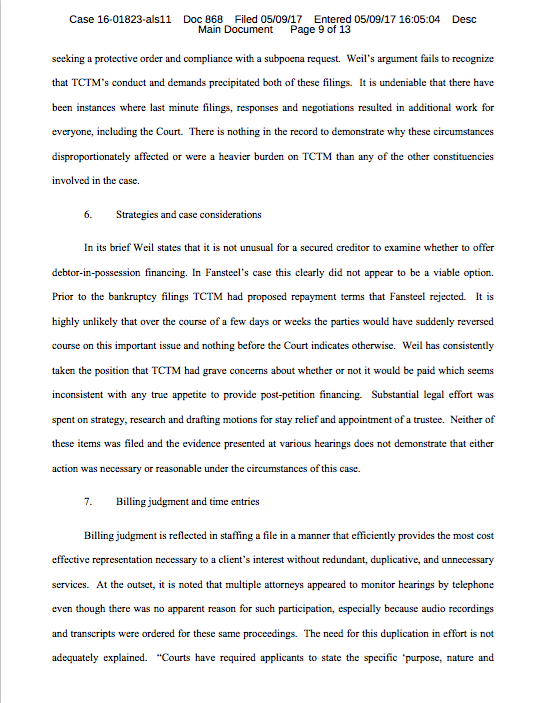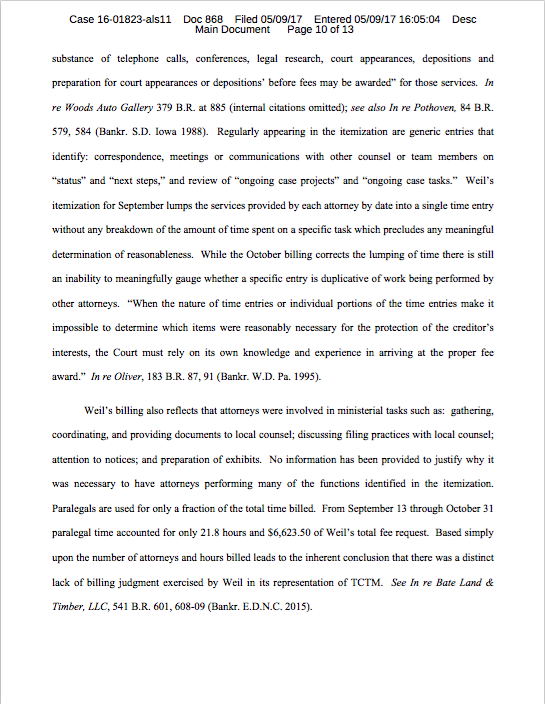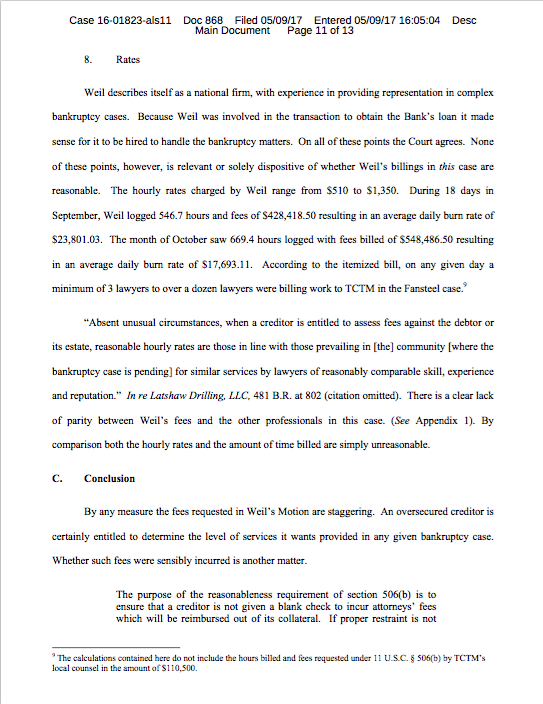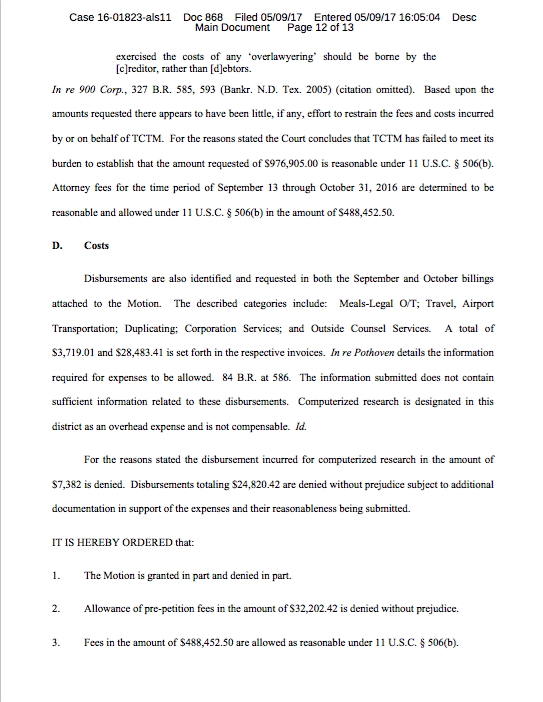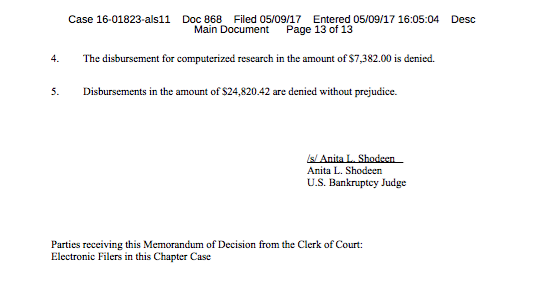Indeed, the company’s term loan and bonds — part of its $4.7 billion debt stack — did trade down but it wasn’t due to misplaced optimism. Rather, it was more likely attributable to the fact that the company, in a Petsmart-PTSD-inducing maneuver, just significantly weakened the bondholder collateral package.
Per the Wall Street Journal:
Before the transfer of MyTheresa to the parent company, Neiman Marcus Group Inc., there was some anticipation that the retailer would use the MyTheresa shares to entice bondholders to swap their debt for bonds with a longer maturity.
“Some bondholders may have incorrectly assumed that the company would embark on a distressed debt exchange involving MyTheresa shares as collateral,” said Steven Ruggiero, an analyst at Pressprich & Co.
It appears so.
James Goldstein, a retail analyst at CreditSights, noted that proceeds from any sale could now go directly to the investment companies that control the Neiman parent company, with bondholders likely having no claim. The parent company is owned by Ares Management LP and the Canada Pension Plan Investment Board.
“MyTheresa was already in an unrestricted subsidiary, but the way it’s structured now proceeds of any sale of MyTheresa goes straight to sponsors’ pockets without having to deal with the bondholders,” Mr. Goldstein said.
For now, this is a (potential) win for pensioners and a loss for hedge funds holding the debt. And one such hedge fund was, shall we say, a wee bit nonplussed. On Friday September 21, Marble Ridge Capital LP sent a letter to the company’s board of directors (and subsequently issued a very public press release about said letter) stating:
"…what these transactions appear to be is an attempt to move the MyTheresa business beyond the reach of existing creditors sitting between the sponsors' equity and the valuable MyTheresa assets. Most troubling, we understand that Ares and CPPIB usurped this massive benefit and took the MyTheresa business for no consideration."
"Marble Ridge has reason to believe that the Company was insolvent at the time of the Transactions or was rendered insolvent thereby. The Company is the issuer and/or guarantor of at least $4.7 billion of indebtedness. Based on LTM EBITDA of $478.2 million, the Company's indebtedness prior to the Transactions implies nearly a 10x leverage multiple (far in excess of any of its peers). Moreover, a dividend or other form of a spinoff by an insolvent guarantor to its equity sponsors, for no consideration, has all the hallmarks of an intentional or constructive fraudulent transfer (or illegal dividend) and raises serious questions of breaches of duties of care and loyalty, with exposure for Ares and CPPIB, as controlling shareholders, and for the Company's board. As noted above, Marble Ridge also has concerns that the Transactions do not comply with the Indentures."
The Wall Street Journal had previously reported that:
Neiman Marcus hired Lazard Ltd. and Kirkland & Ellis last year for advice on how to restructure its debt.
Looks like they deployed some of that advice.





